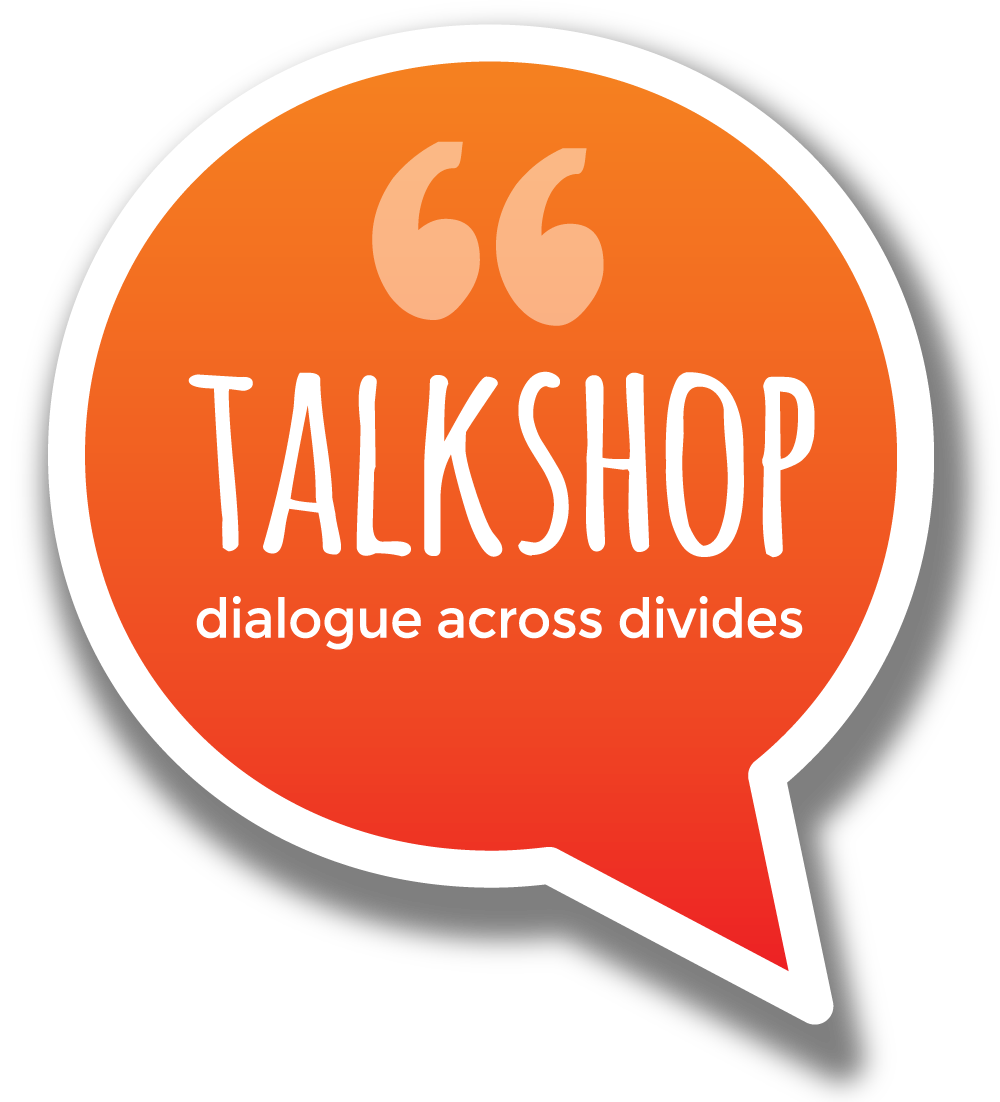The Deliberative Gap: Why Citizens’ Assemblies Need Initiatives Like Talk Shop We thank Stuart White of Jesus College, Oxford for this blogpost. Citizens Assemblies (CAs) are all the rage right now. And with good reason. But CAs have limitations. One is the gap that can potentially open up between those participating in a CA and the wider public. Initiatives like Talk Shop can perhaps address this problem by organizing meetings that establish and maintain connections […]
Hacking Hansard
Suppose you want to find out about a debate in parliament. Suppose that debate is the two day House of Commons debate on Covid-19 on May 11th and 12th 2020. It was a hybrid debate, with some MPs physically present and others speaking from home. 78 MPs spoke. The transcript in Hansard takes around 100 pages. Reading that takes stamina. Furthermore, the Motion before the House was, “That this House has considered Covid-19”. Such generality […]
Paul Blomfield’s The Big Conversation
Martin Yarnit writes: Citizens’ assemblies and other forms of deliberative democracy are vital to the renewal of representative democracy but so is a new relationship between MPs and the people who elect them. As the newly elected Labour MP for Sheffield Central in 2010, in a highly marginal seat and with the MPs’ expenses scandal still fresh in voters’ minds, Paul Blomfield saw the need for a new approach, as he explained to me in […]
Developing appreciative questions – the example of 99%
What is the 99% organisation? The 99% organisation was set up to implement the aims of a book by Mark E. Thomas called ‘The 99%, mass impoverishment and how we can end it’. Its two main aims are “growing the pie and sharing it more fairly.” One of its initial projects is called ‘Herefordshire 2030’ (H2030), this being the county in which Mark lives. Appreciative inquiry was chosen to provide qualitative information about life in […]
Imagine Ryedale
This blog describes how a participatory process called Appreciative Inquiry (AI) can be used to develop neighbourhood and community plans. AI uses questions – the Inquiry – to identify the best of what is happening now – the Appreciation – as the basis for dreaming what the future might be. Some advantages of this approach are: It’s much more energising than asking people what the problems are It gives the vision solid foundations and makes […]
Thinking about win-win solutions
Perry Walker writes: A couple of years ago, I was trained in a marvellous method called Convergent Facilitation (CF) by its inventor, Miki Kashtan, from BayNVC in California, in the USA. Since then, I’ve been musing on which types of win-win solution CF works for, and which other types there might be. First, though, what is Convergent Facilitation? CF encourages us to seek the ‘non-controversial essence’ between groups that need to explore their differences in […]
Hay-Making with Coggle
Watching a Hay Digital event early last week, I was frustrated by the way that some excellent comments disappeared so quickly up the screen. I wondered whether ‘argument mapping’ could be the answer. If you haven’t come across it, think of mind mapping, but applied to a discussion. We found some free software called Coggle, which is easy to use, and three of us started practising. We each had a different role. Ella put comments […]
Our Vision
This is something I wrote for the wonderful students at Kingston Uni who helped with our social media strategy. (watch this space!) Thanks so much for agreeing to help us at Talk Shop. I’m really pleased that you’ll be helping us, because I’m really excited about what Talk Shop might achieve in the near future, with your help. I believe that bottom-up, ‘participative deliberative’ democracy will play a key part in achieving a more just […]
It’s Our County!
This article by Perry Walker first appeared in The Alternative UK. It is reproduced with their agreement here: Flatpack Democracy seized its town for non-party localism. But they went for the whole council in Herefordshire. Here’s their story: The Flatpack Democracy 2.0 book is going great guns – and we continue to draw inspiration from those “friendly revolutionaries” and their profoundly human-centred and democratic “ways of working” in Frome. But we’re happy to hear parallel […]
Chesterfield’s People’s Assembly: But is it legitimate?
Citizens’ Assemblies are suddenly all the rage. On the issue of climate change alone, citizens assemblies are being set up or planned in Leicester, Oxford, Sheffield and Camden, while six house of commons select committees have come together to announce one beginning in the autumn. Much of this sudden flurry of passion for deliberative democracy reflects the overnight appearance of Extinction Rebellion (XR) as a direct action force on climate emergency and its demand that […]
